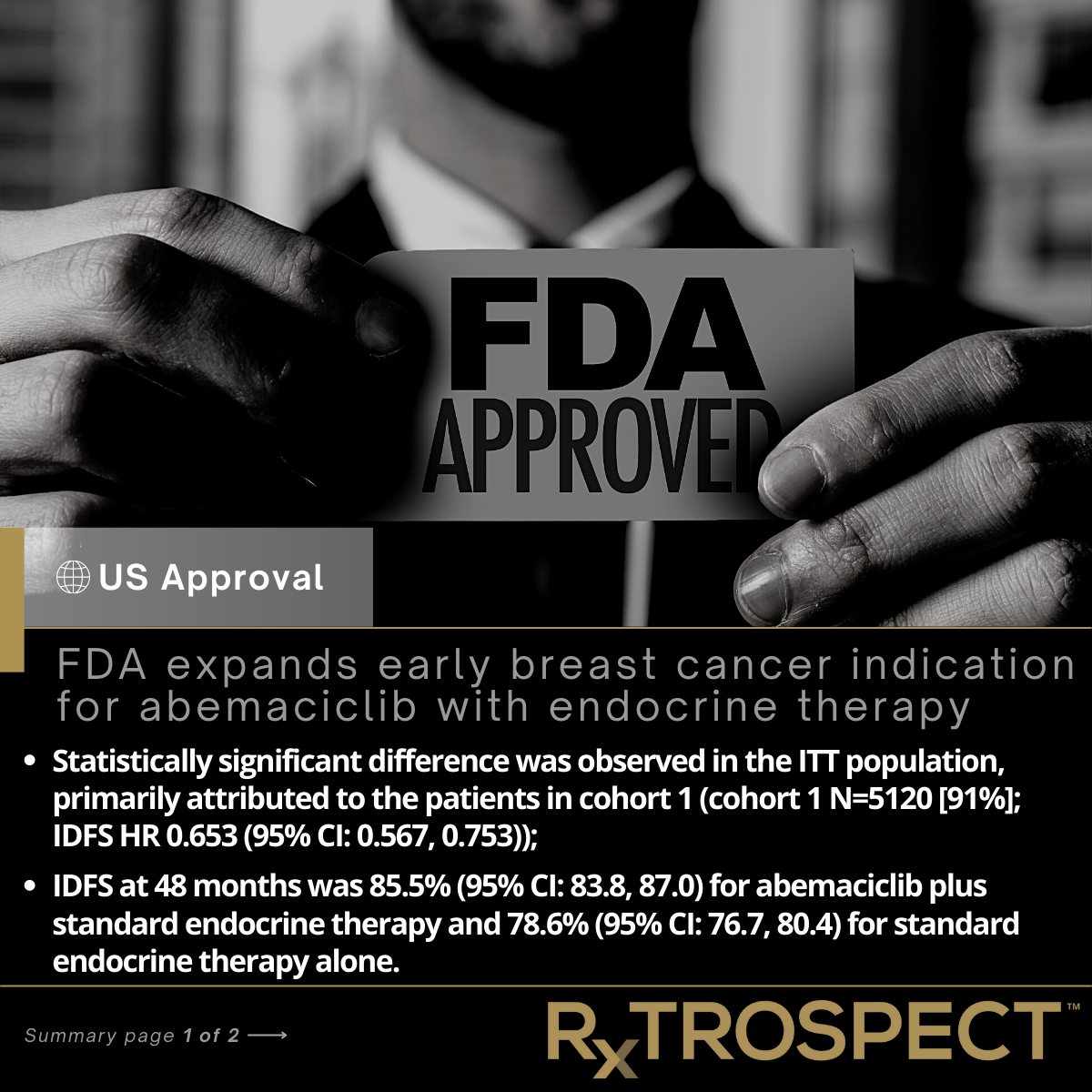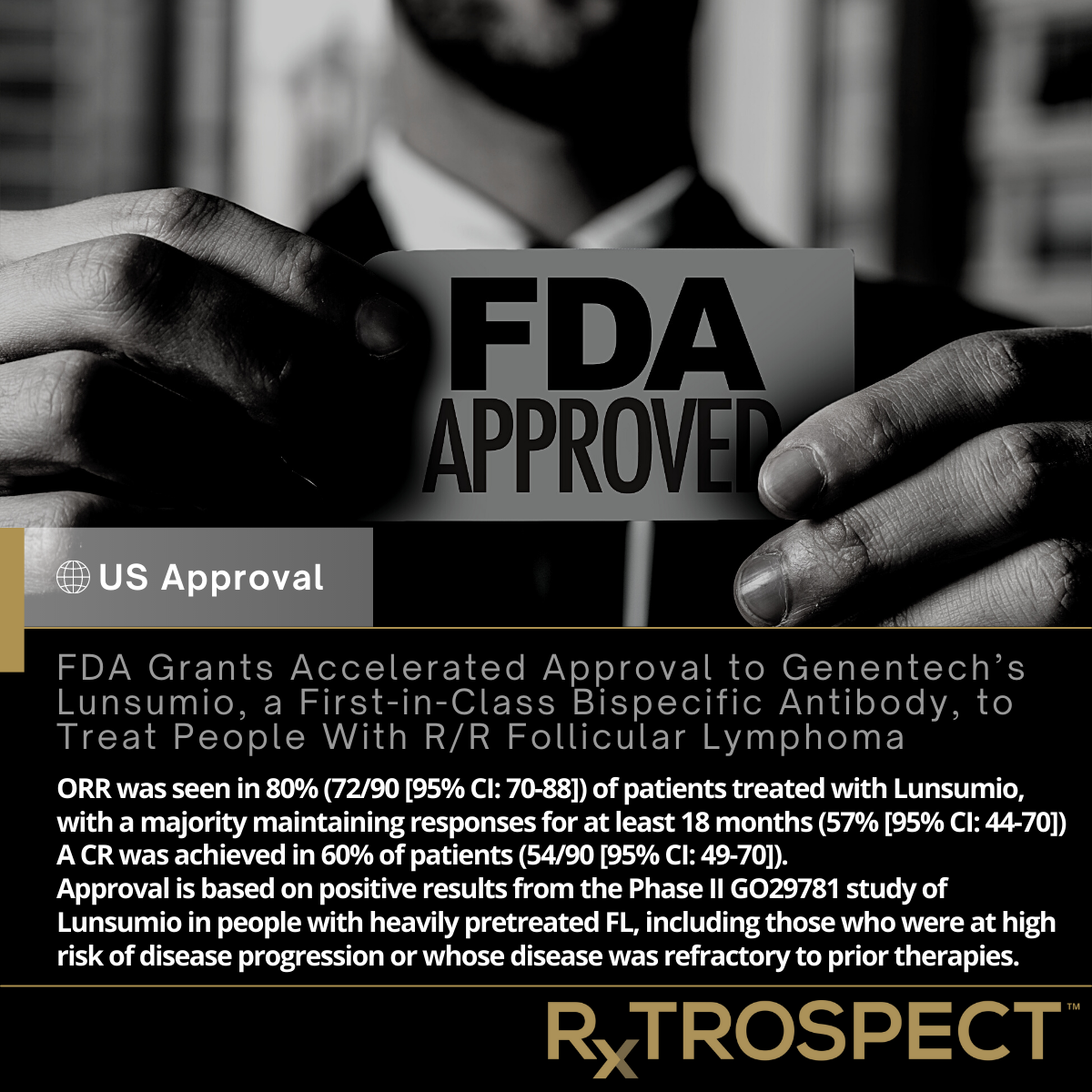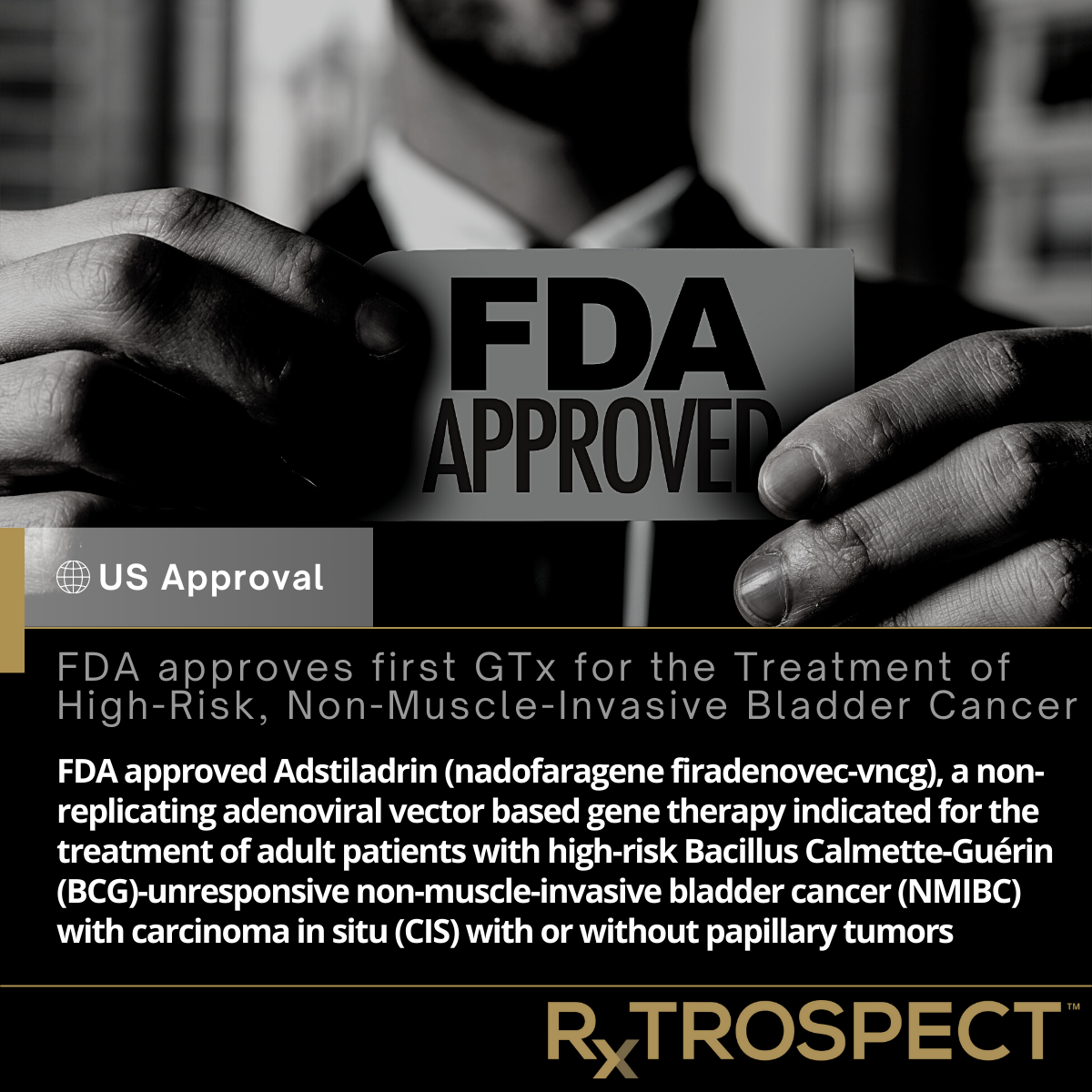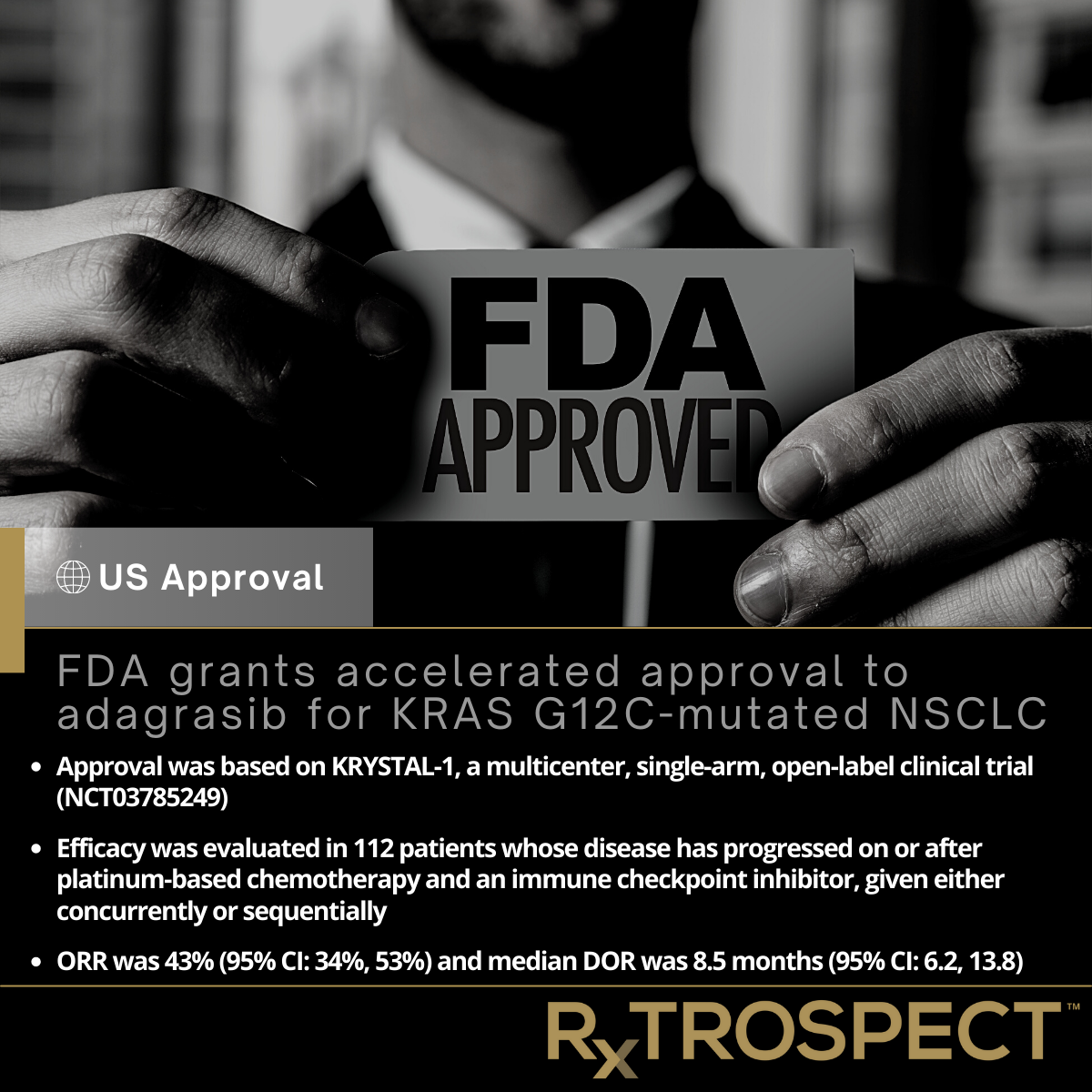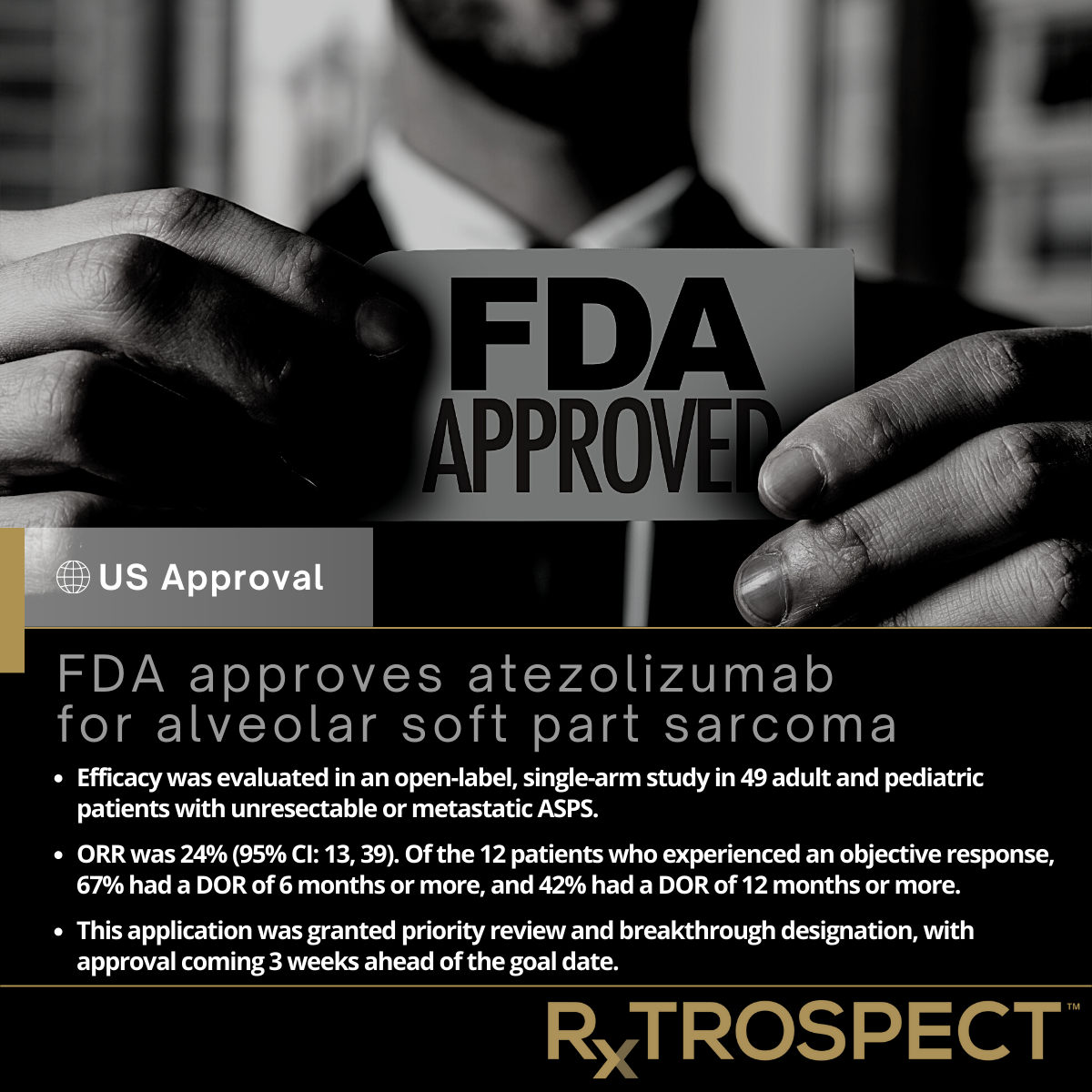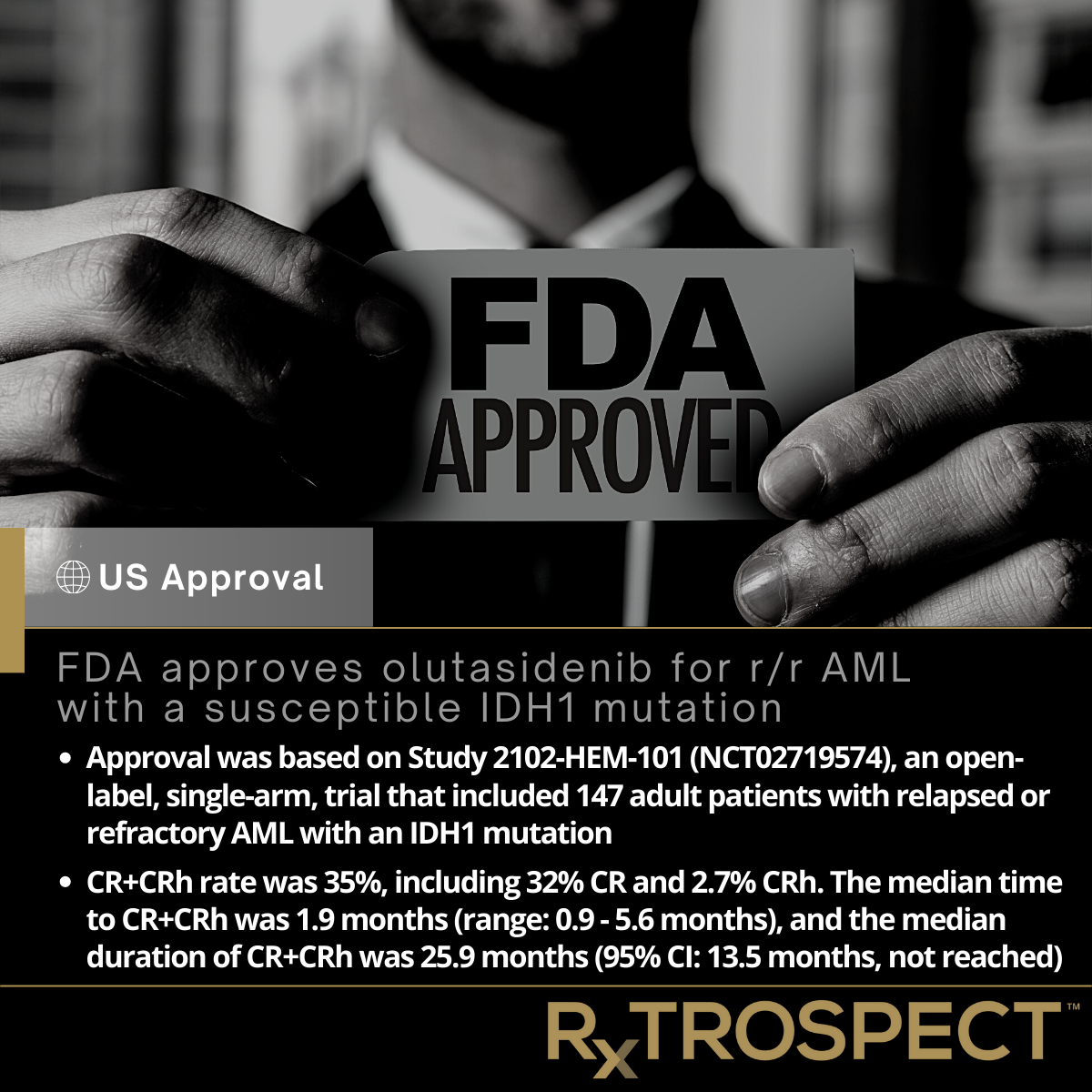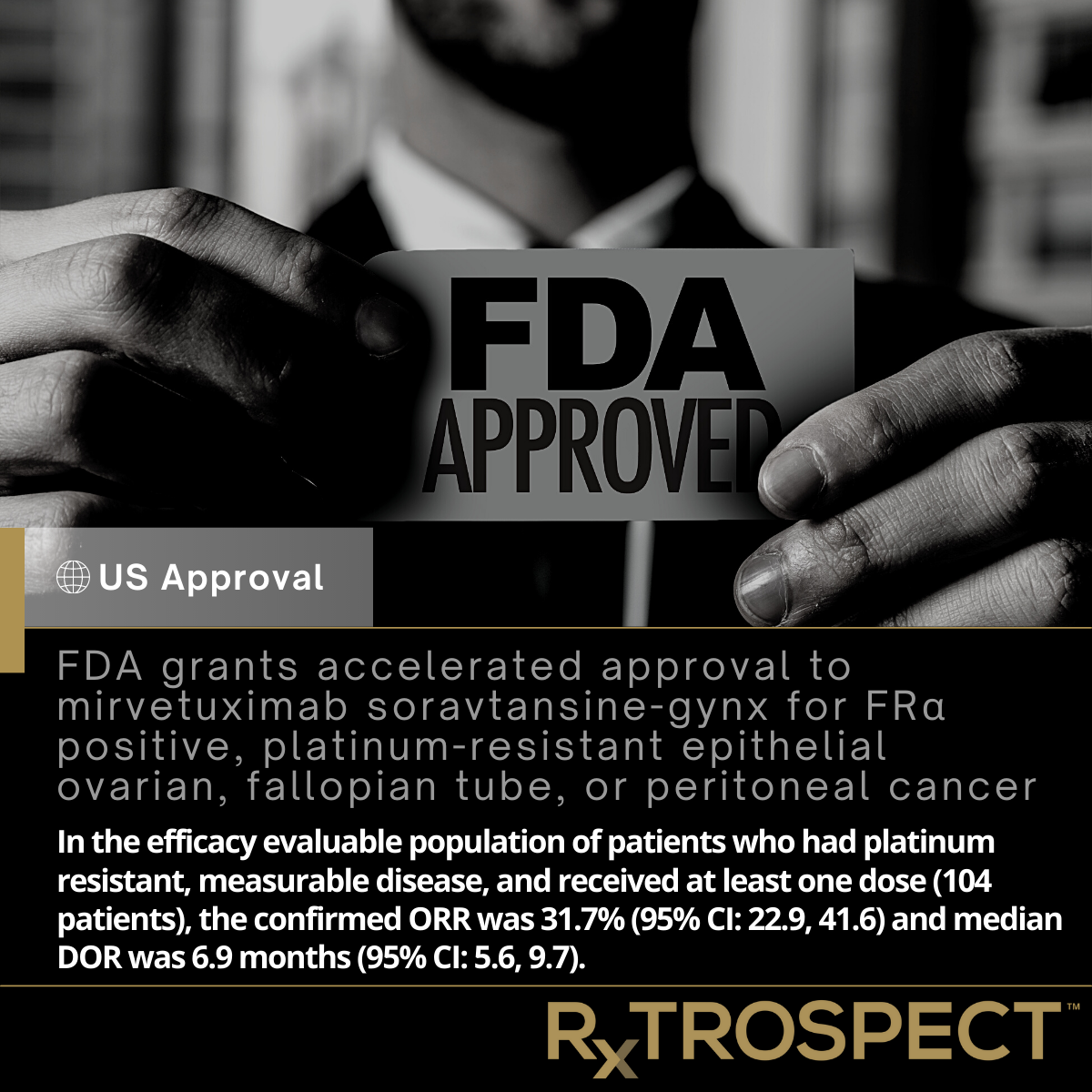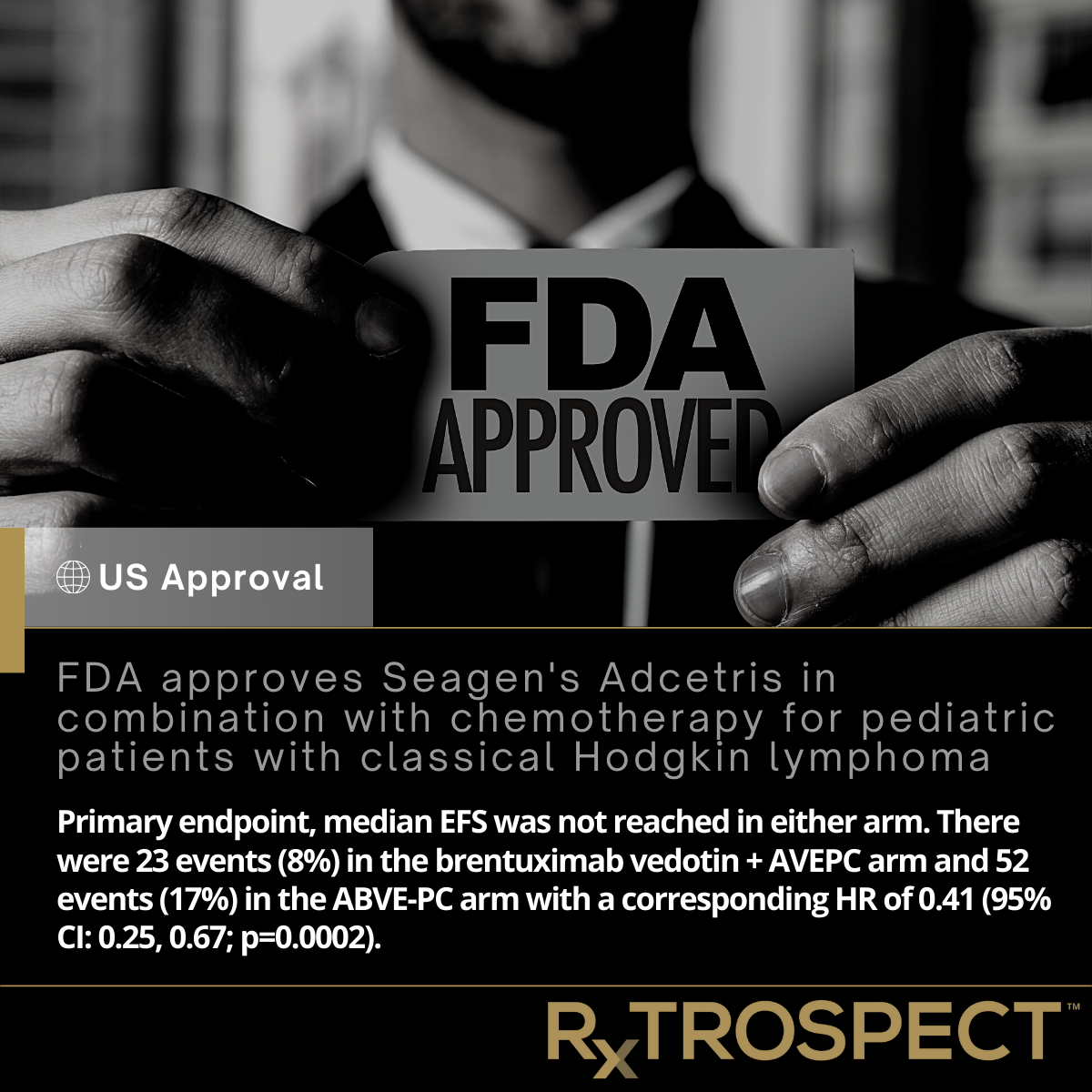Newsroom
FDA expands early breast cancer indication for abemaciclib with endocrine therapy
FDA expands early breast cancer indication for abemaciclib with endocrine therapy
Statistically significant difference was observed in the ITT population, primarily attributed to the patients in cohort 1 (cohort 1 N=5120 [91%]; IDFS HR 0.653 (95% CI: 0.567, 0.753));
IDFS at 48 months was 85.5% (95% CI: 83.8, 87.0) for abemaciclib plus standard endocrine therapy and 78.6% (95% CI: 76.7, 80.4) for standard endocrine therapy alone.
OS remains immature, however, in cohort 2, more deaths were observed with abemaciclib plus standard endocrine therapy compared to standard endocrine therapy alone (10/253 vs. 5/264). Therefore, the indication was restricted to cohort 1.
To be enrolled in cohort 1, patients must have either ≥4 pALN or 1-3 pALN and either tumor grade 3 or a tumor size ≥50 mm. To be enrolled in cohort 2, patients could not be eligible for cohort 1 and must have had 1-3 pALN and tumor Ki-67 score ≥20%.
FDA Grants Accelerated Approval to Genentech’s Lunsumio, a First-in-Class Bispecific Antibody, to Treat People With R/R Follicular Lymphoma
FDA Grants Accelerated Approval to Genentech’s Lunsumio, a First-in-Class Bispecific Antibody, to Treat People With R/R Follicular Lymphoma
ORR was seen in 80% (72/90 [95% CI: 70-88]) of patients treated with Lunsumio, with a majority maintaining responses for at least 18 months (57% [95% CI: 44-70])
A CR was achieved in 60% of patients (54/90 [95% CI: 49-70]).
Approval is based on positive results from the Phase II GO29781 study of Lunsumio in people with heavily pretreated FL, including those who were at high risk of disease progression or whose disease was refractory to prior therapies.
FDA approves first GTx for the Treatment of High-Risk, Non-Muscle-Invasive Bladder Cancer
FDA approves first GTx for the Treatment of High-Risk, Non-Muscle-Invasive Bladder Cancer
FDA approved Adstiladrin (nadofaragene firadenovec-vncg), a non-replicating adenoviral vector based gene therapy indicated for the treatment of adult patients with high-risk Bacillus Calmette-Guérin (BCG)-unresponsive non-muscle-invasive bladder cancer (NMIBC) with carcinoma in situ (CIS) with or without papillary tumors
“This approval provides healthcare professionals with an innovative treatment option for patients with high-risk non-muscle invasive bladder cancer that is unresponsive to BCG therapy,” said Peter Marks, M.D., Ph.D., director of the FDA’s CBER. “Today’s action addresses an area of critical need. The FDA remains committed to facilitating the development and approval of safe and effective cancer treatments.”
Overall, 51% of enrolled patients using Adstiladrin therapy achieved a complete response. The median duration of response was 9.7 months. Forty-six percent remained in complete response for at least one year.
FDA grants accelerated approval to adagrasib for KRAS G12C-mutated NSCLC
FDA grants accelerated approval to adagrasib for KRAS G12C-mutated NSCLC
Approval was based on KRYSTAL-1, a multicenter, single-arm, open-label clinical trial (NCT03785249)
Efficacy was evaluated in 112 patients whose disease has progressed on or after platinum-based chemotherapy and an immune checkpoint inhibitor, given either concurrently or sequentially
ORR was 43% (95% CI: 34%, 53%) and median DOR was 8.5 months (95% CI: 6.2, 13.8)
FDA approves atezolizumab for alveolar soft part sarcoma
FDA approves atezolizumab for alveolar soft part sarcoma
- Efficacy was evaluated in an open-label, single-arm study in 49 adult and pediatric patients with unresectable or metastatic ASPS.
- ORR was 24% (95% CI: 13, 39). Of the 12 patients who experienced an objective response, 67% had a DOR of 6 months or more, and 42% had a DOR of 12 months or more.
- This application was granted priority review and breakthrough designation, with approval coming 3 weeks ahead of the goal date.
FDA approves olutasidenib for r/r AML with a susceptible IDH1 mutation
FDA approves olutasidenib for r/r AML with a susceptible IDH1 mutation
Approval was based on Study 2102-HEM-101 (NCT02719574), an open-label, single-arm, trial that included 147 adult patients with relapsed or refractory AML with an IDH1 mutation
CR+CRh rate was 35%, including 32% CR and 2.7% CRh. The median time to CR+CRh was 1.9 months (range: 0.9 - 5.6 months), and the median duration of CR+CRh was 25.9 months (95% CI: 13.5 months, not reached)
FDA grants accelerated approval to mirvetuximab soravtansine-gynx for FRα positive, platinum-resistant epithelial ovarian, fallopian tube, or peritoneal cancer
FDA grants accelerated approval to mirvetuximab soravtansine-gynx for FRα positive, platinum-resistant epithelial ovarian, fallopian tube, or peritoneal cancer
In the efficacy evaluable population of patients who had platinum resistant, measurable disease, and received at least one dose (104 patients), the confirmed ORR was 31.7% (95% CI: 22.9, 41.6) and median DOR was 6.9 months (95% CI: 5.6, 9.7).
FDA approves Seagen's Adcetris in combination with chemotherapy for pediatric patients with classical Hodgkin lymphoma
FDA approves Seagen's Adcetris in combination with chemotherapy for pediatric patients with classical Hodgkin lymphoma
Primary endpoint, median EFS was not reached in either arm. There were 23 events (8%) in the brentuximab vedotin + AVEPC arm and 52 events (17%) in the ABVE-PC arm with a corresponding HR of 0.41 (95% CI: 0.25, 0.67; p=0.0002).



